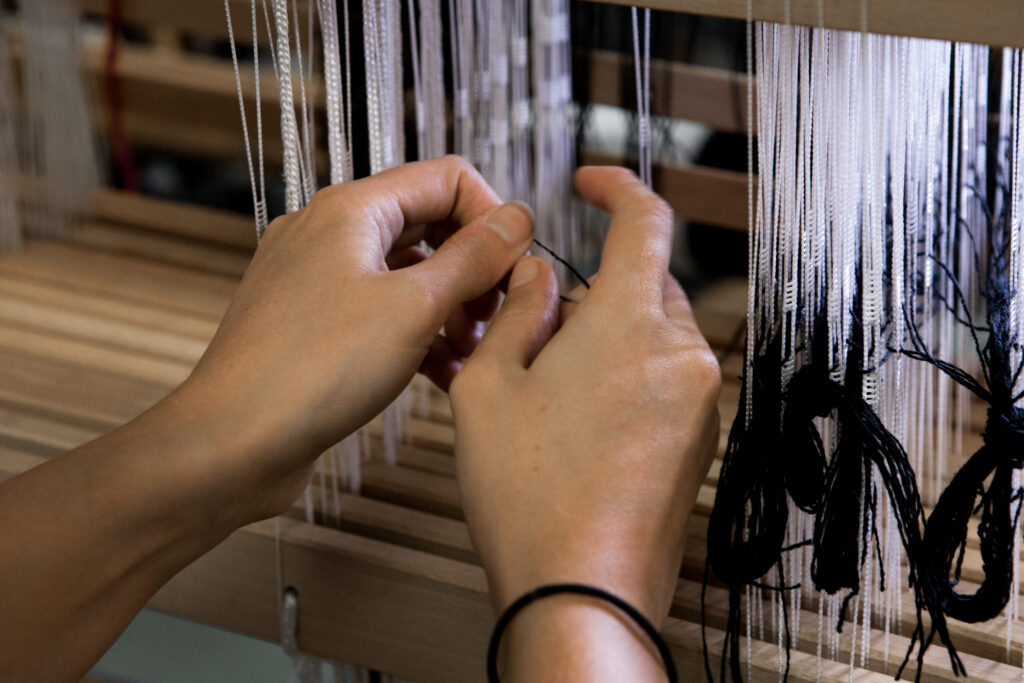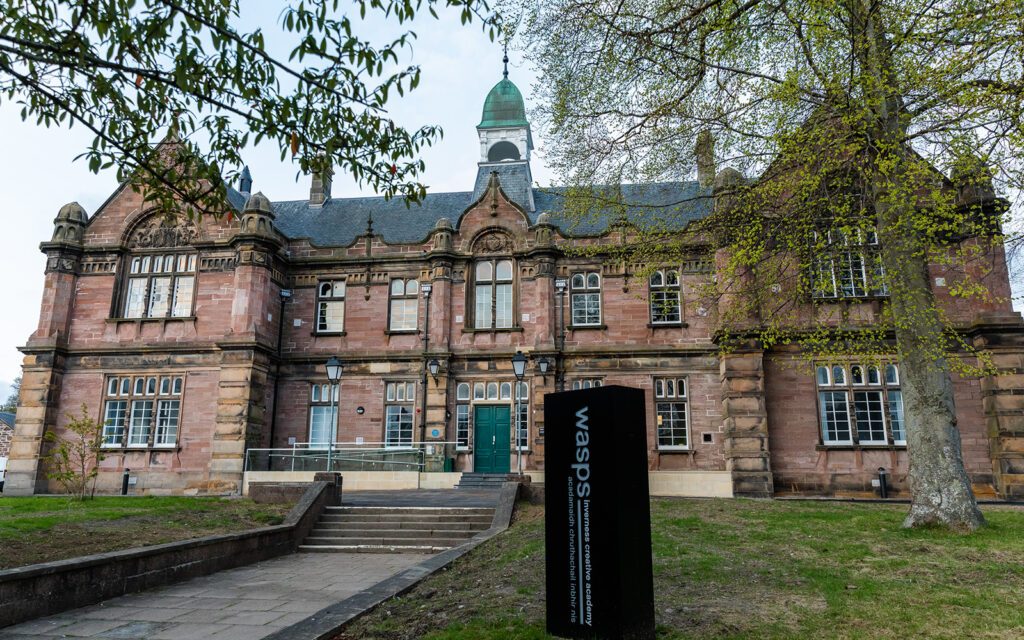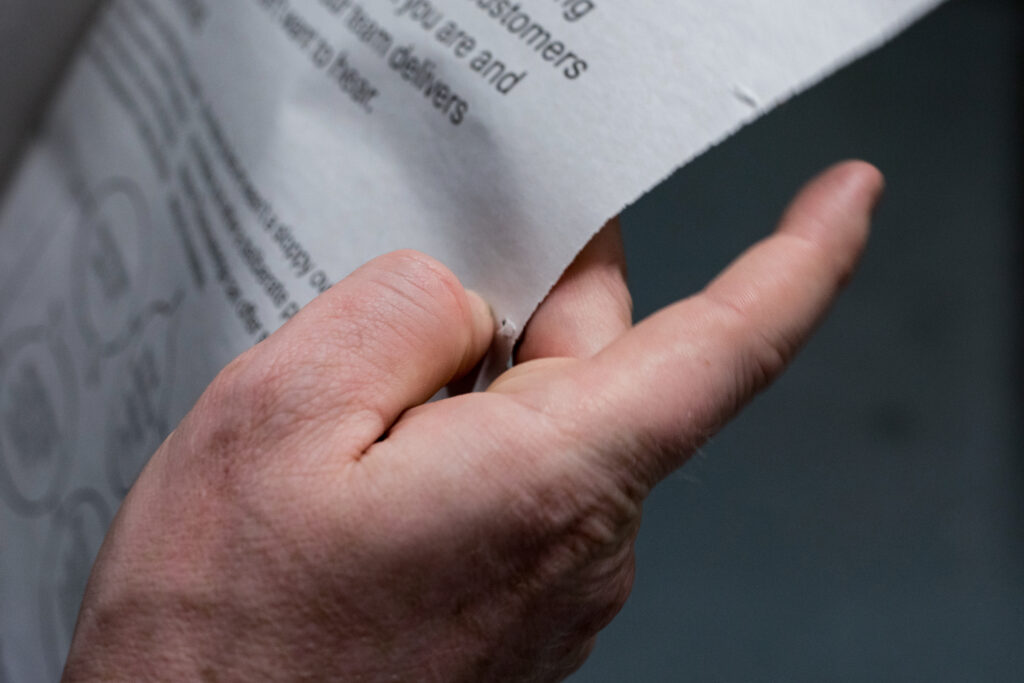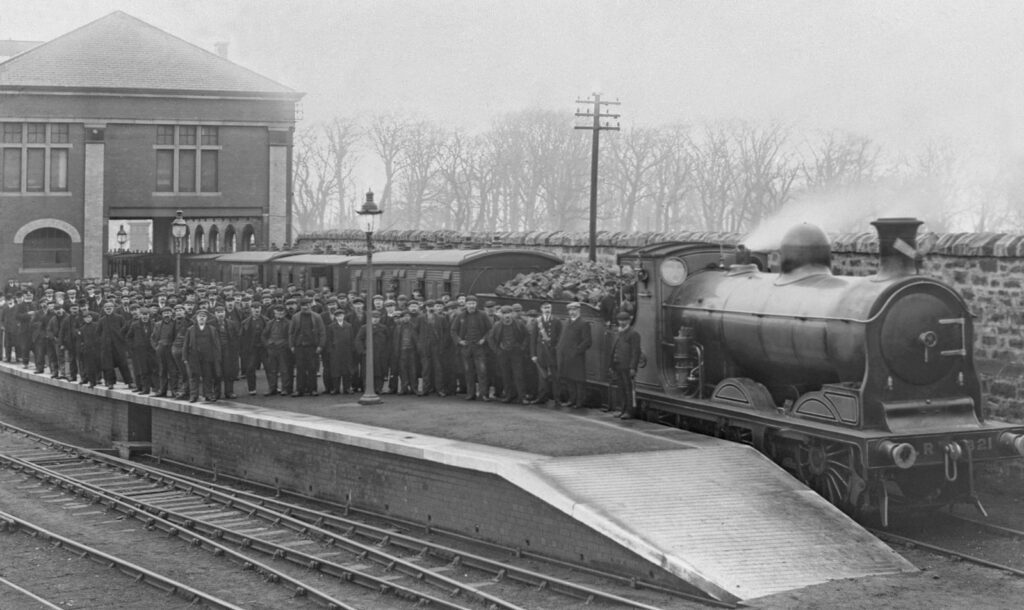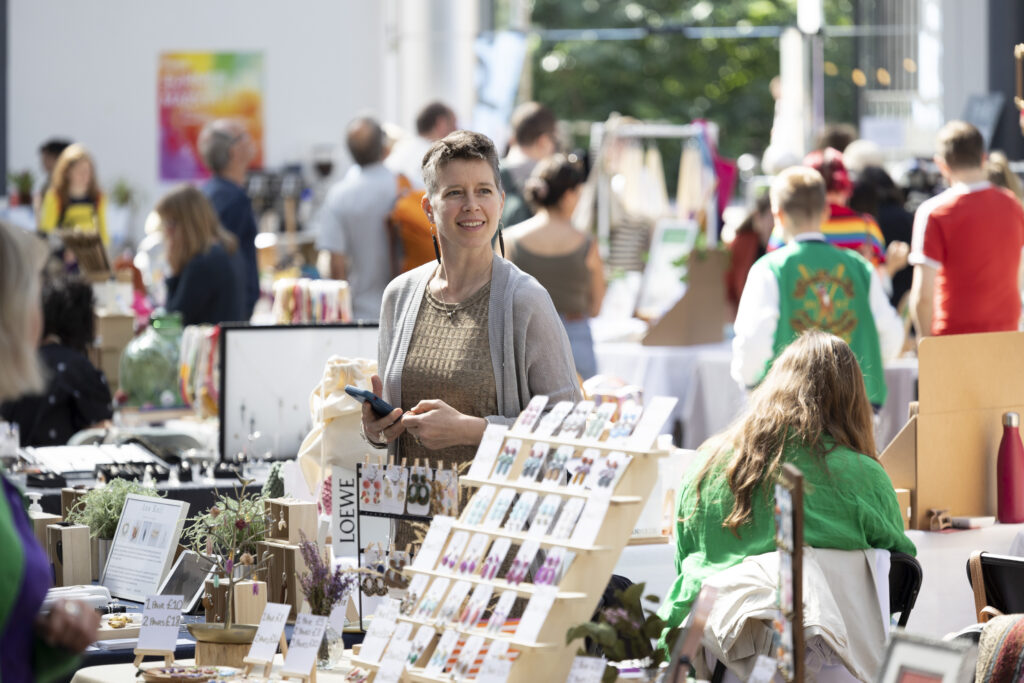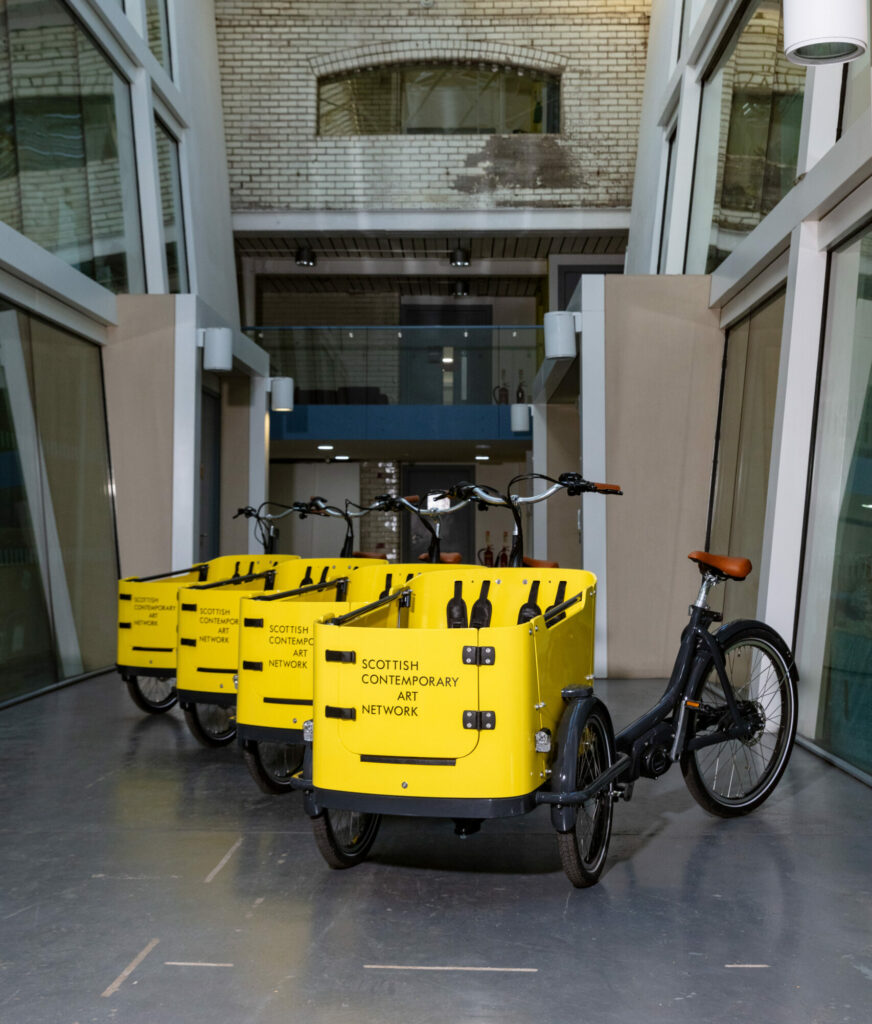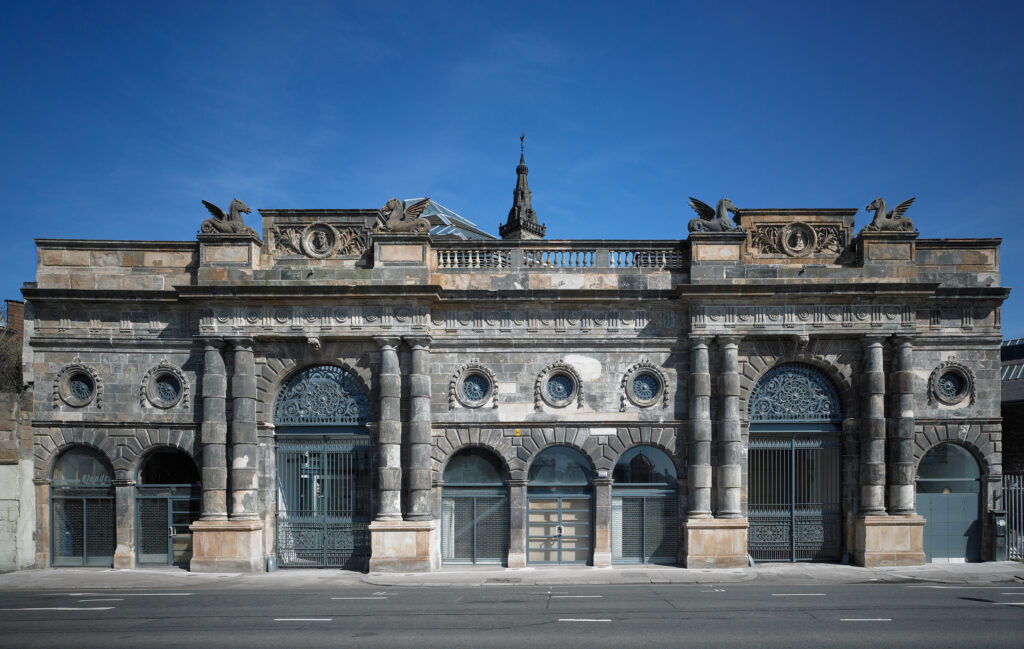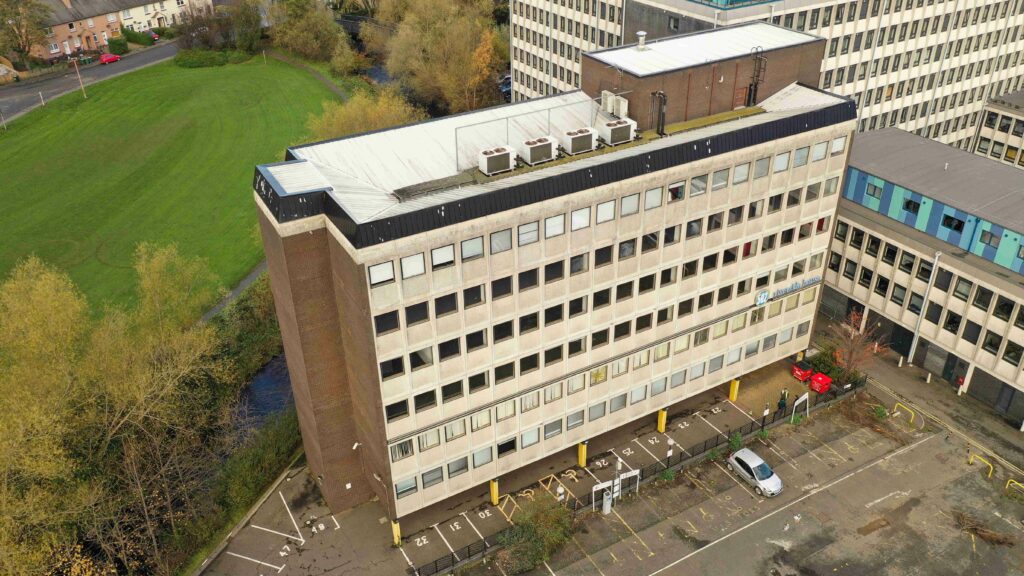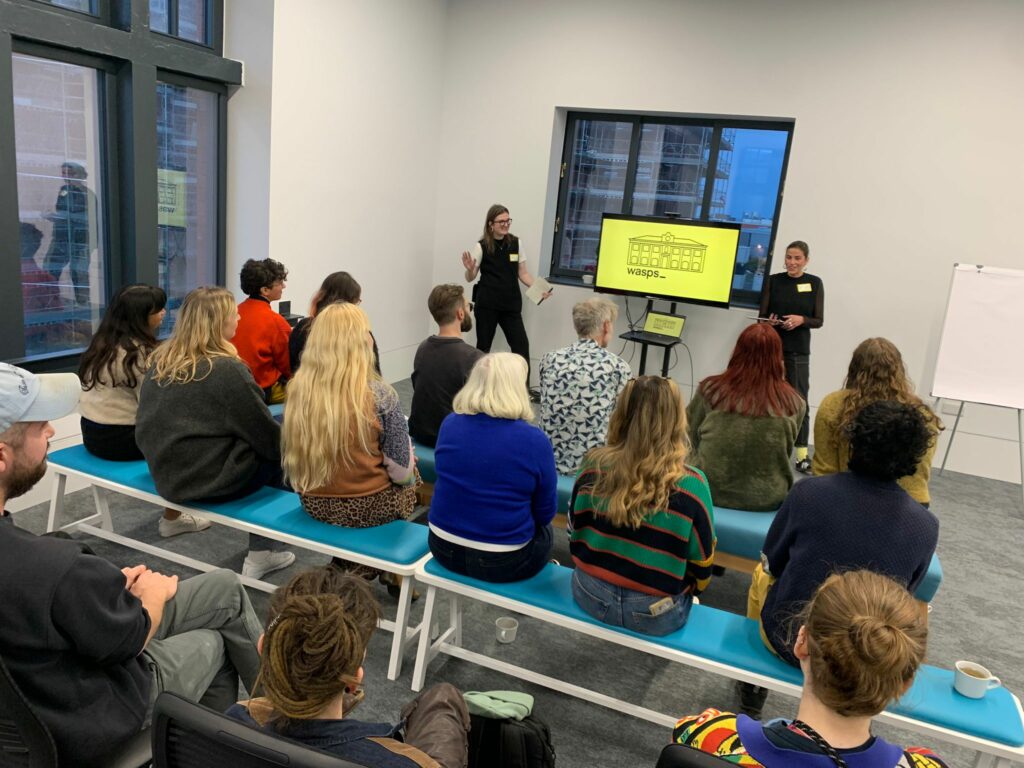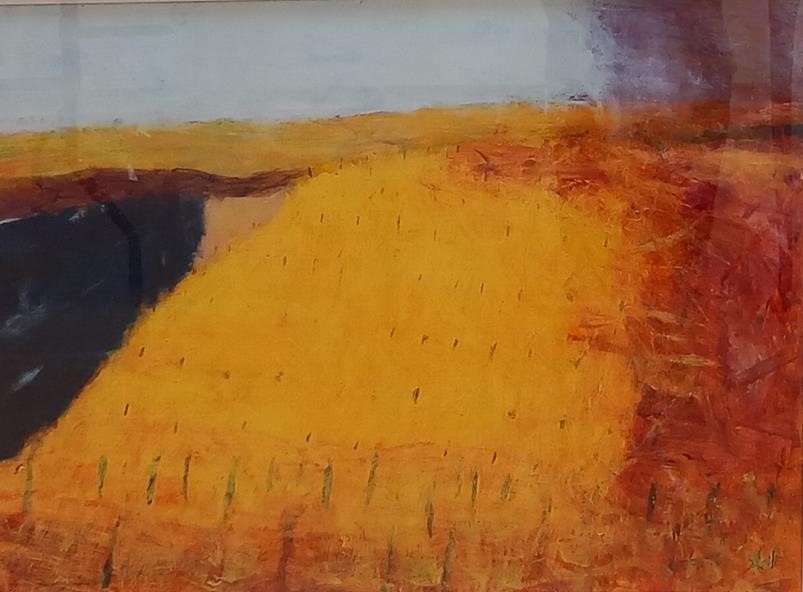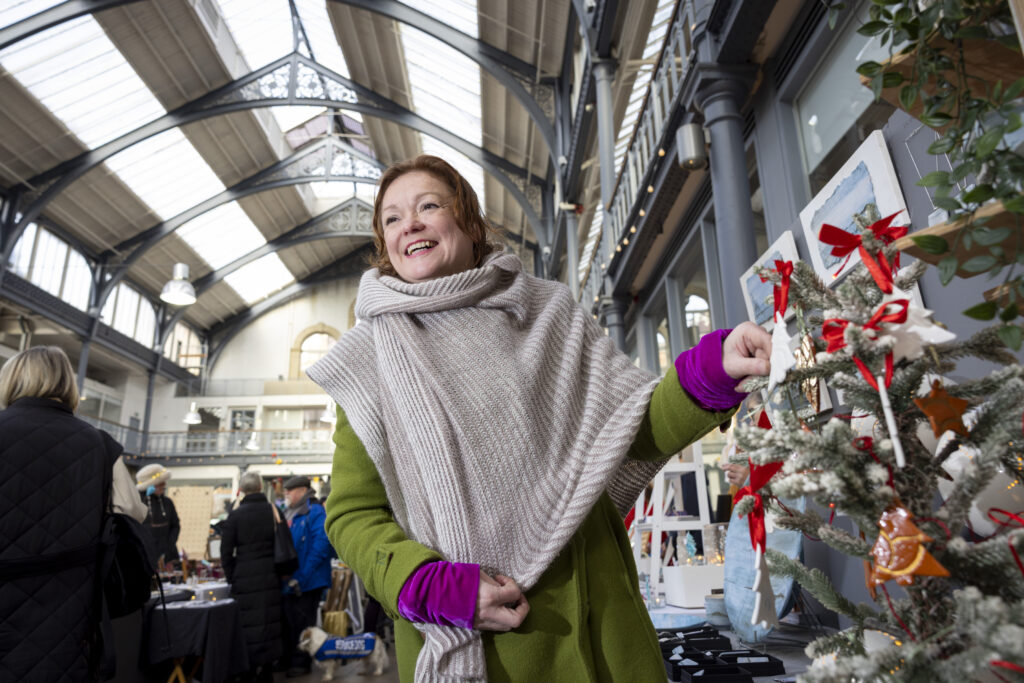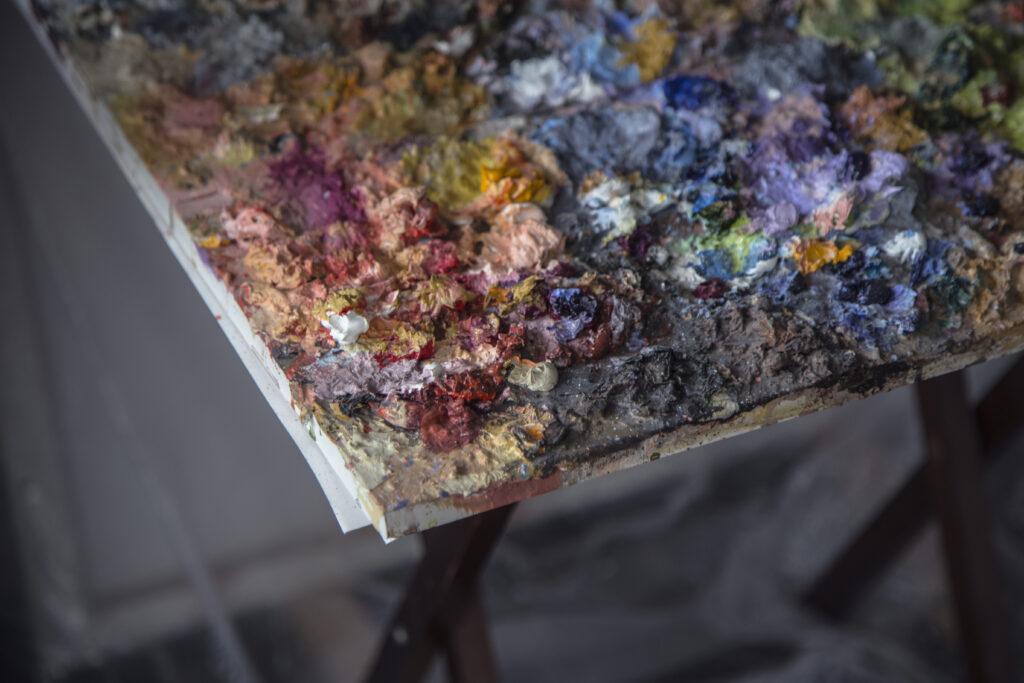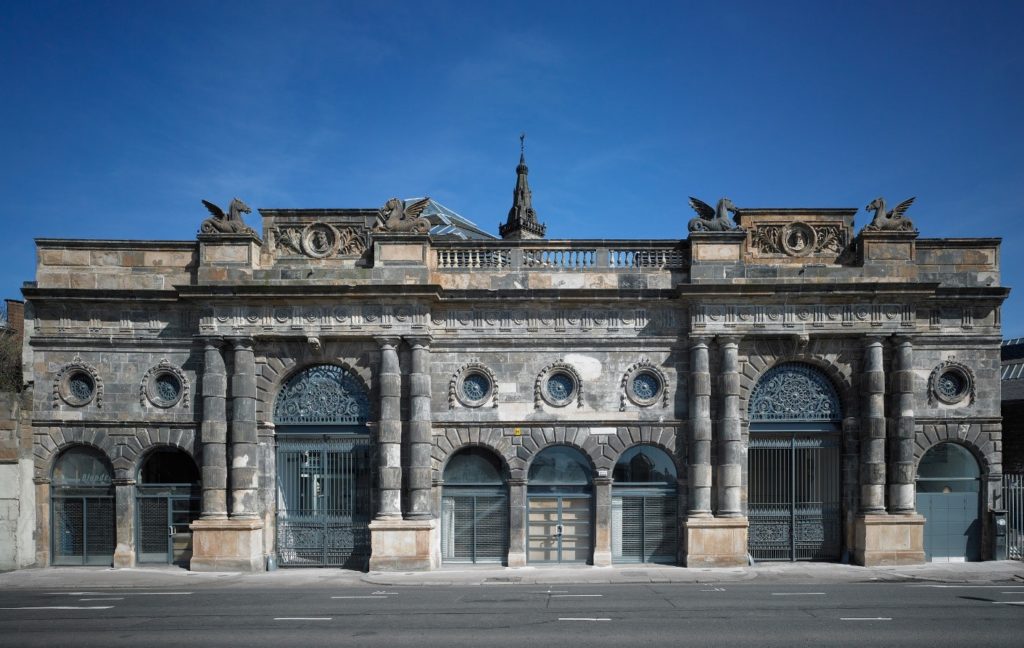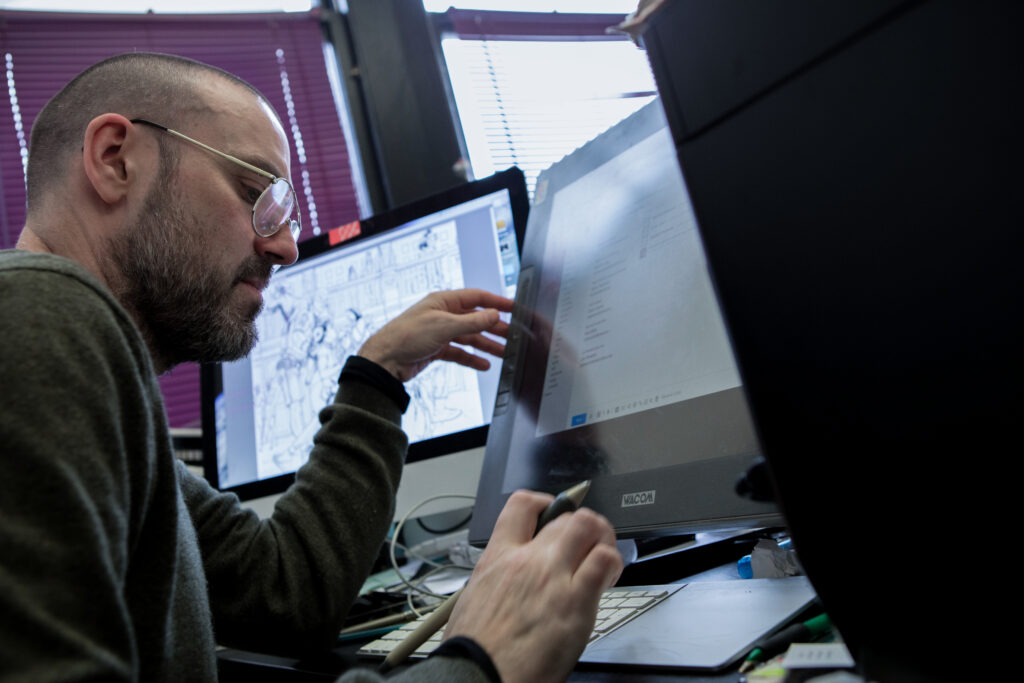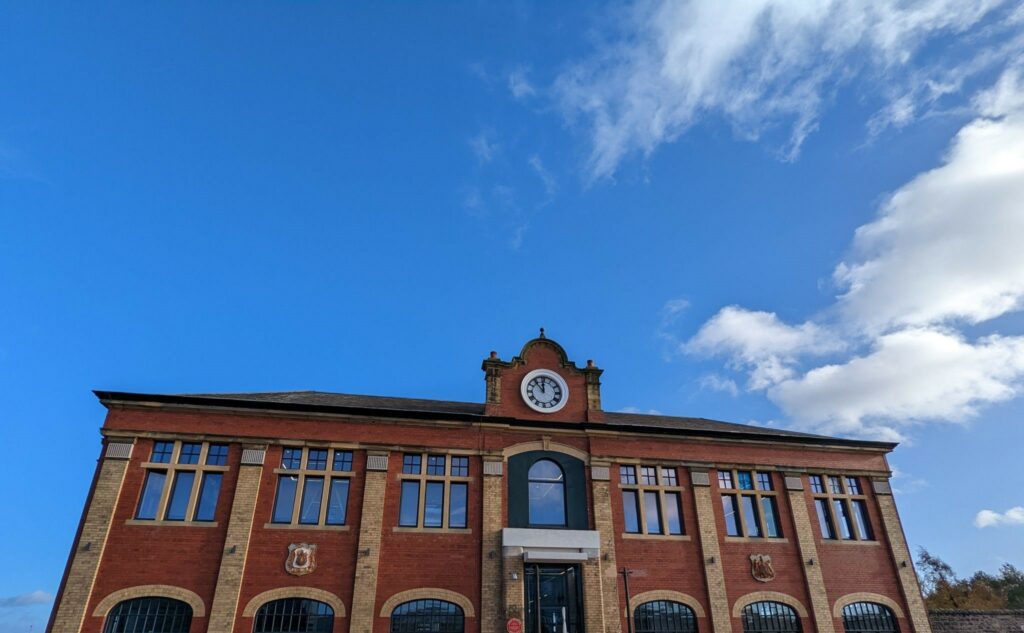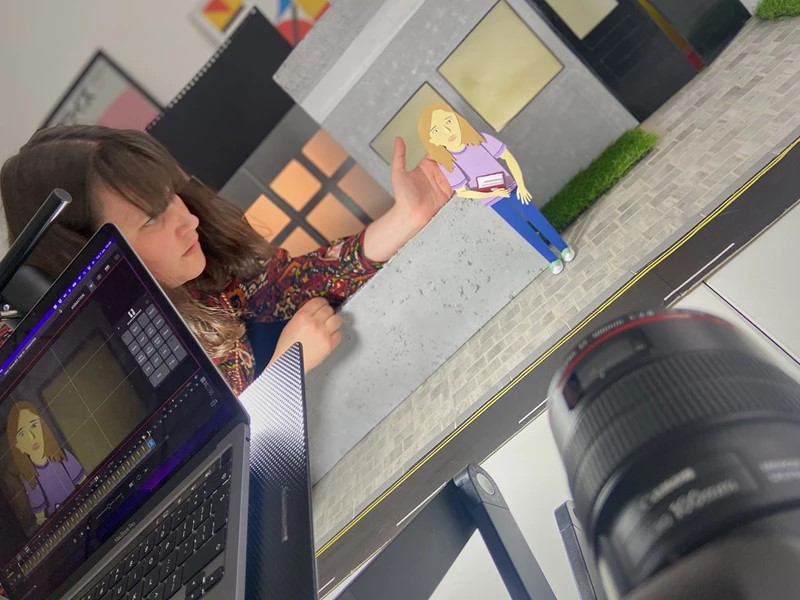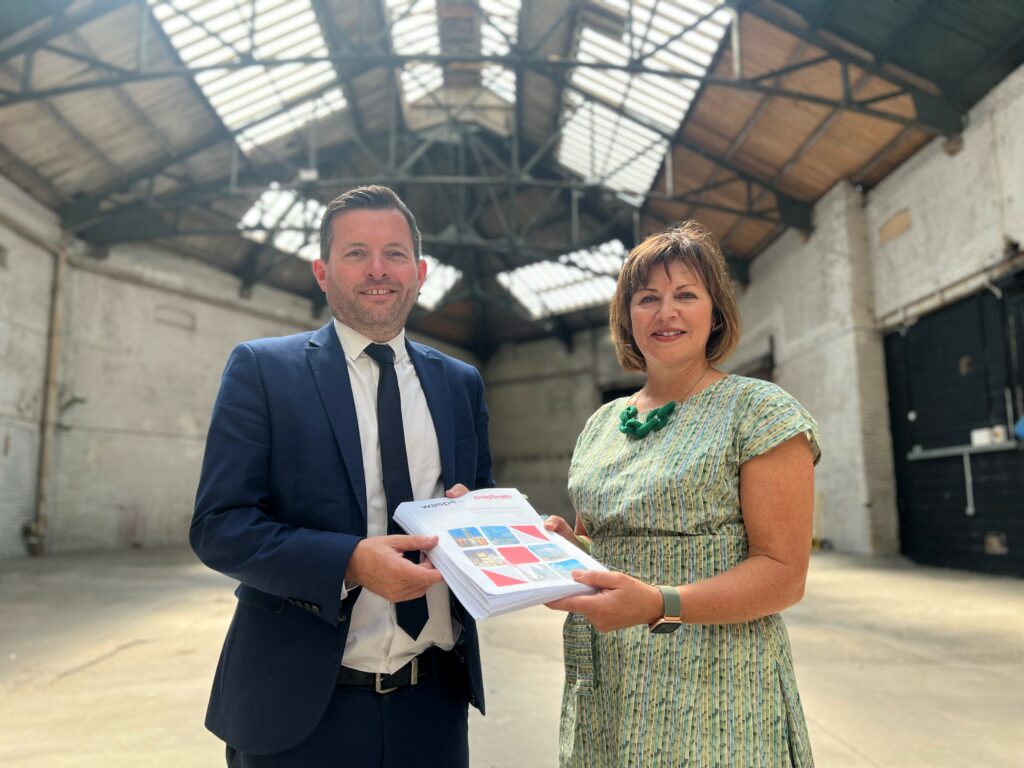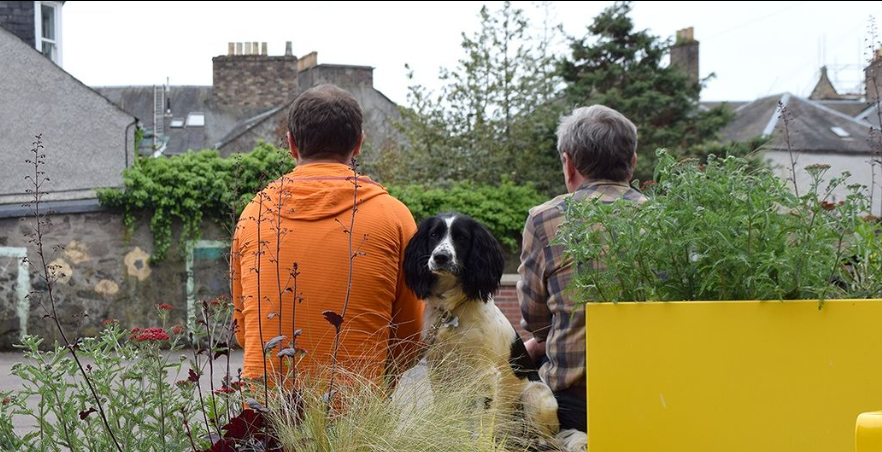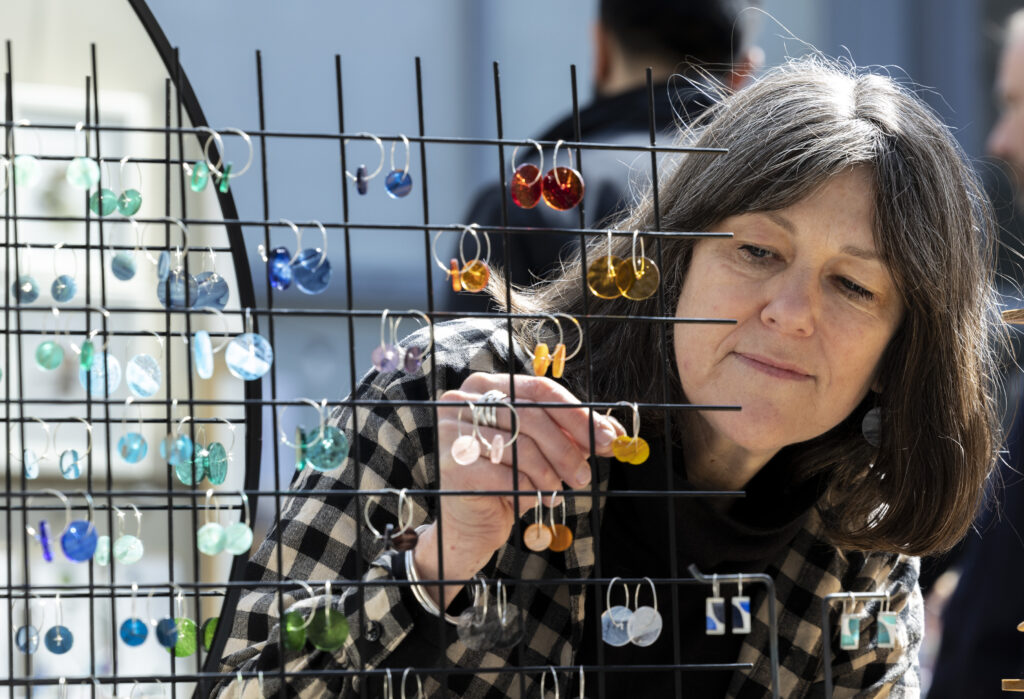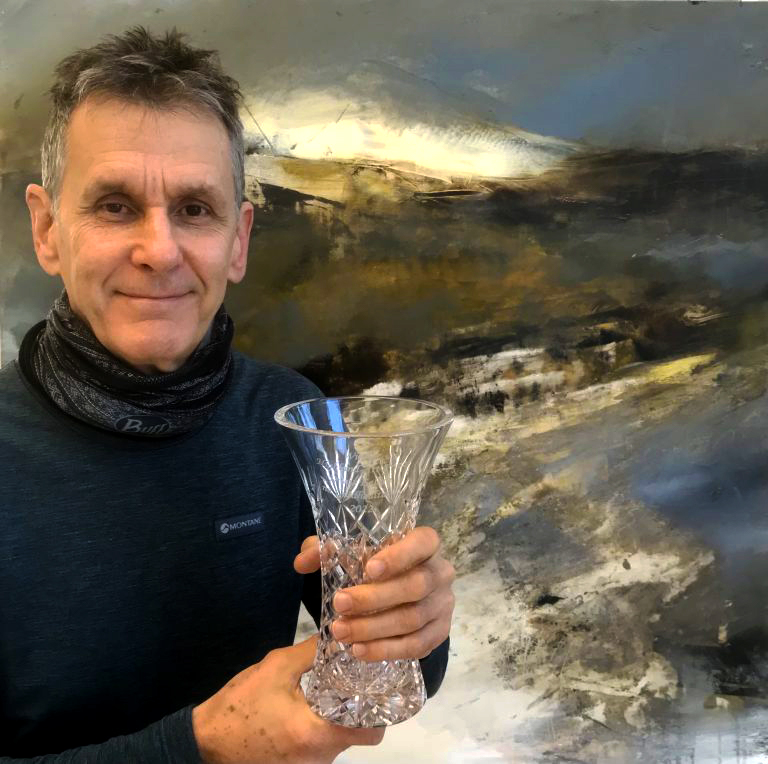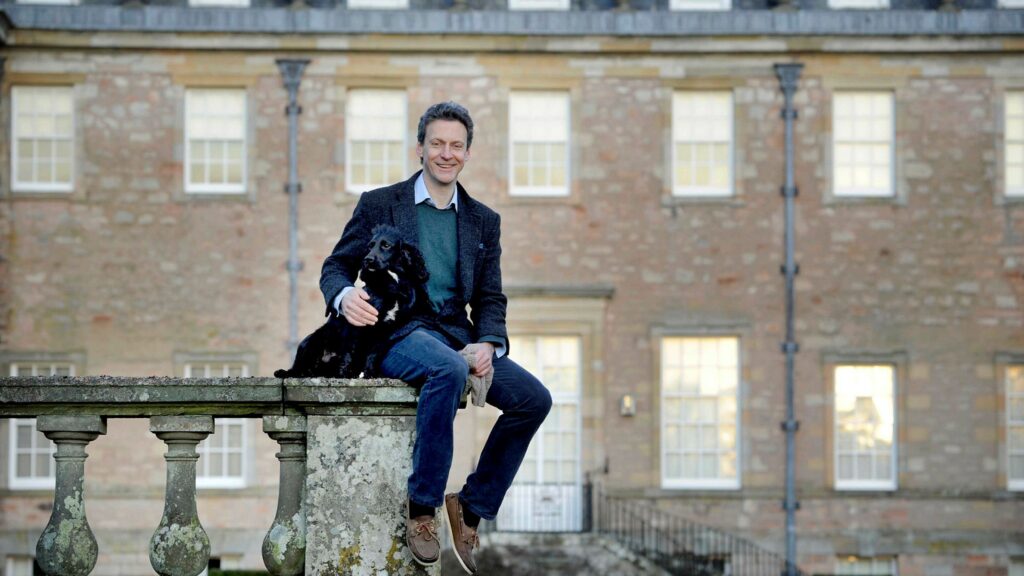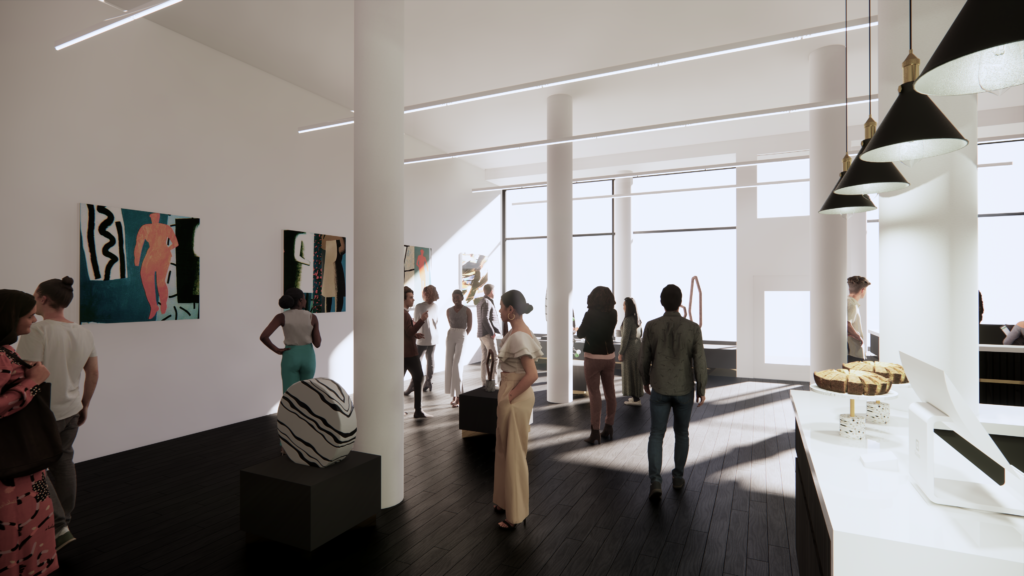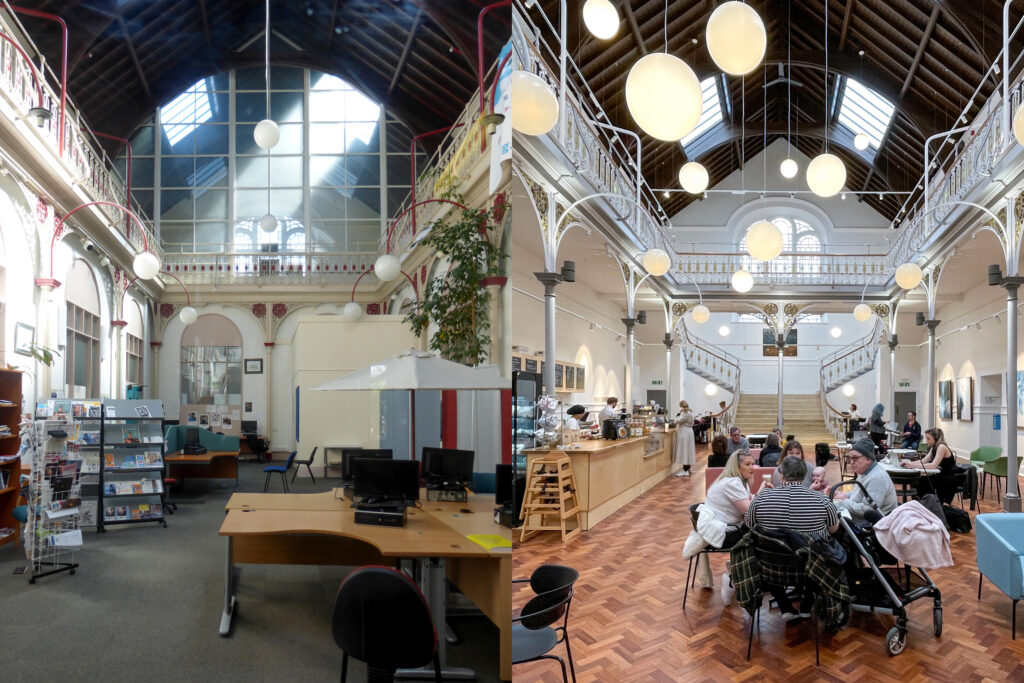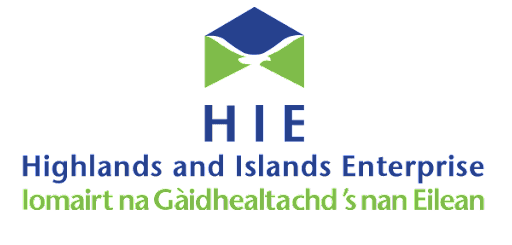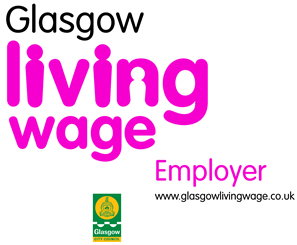A not for profit charity, Wasps is the UK’s largest artist studio provider. Home to 1000 artists and makers in 21 communities. But spiralling costs and defunding mean our cultural sector faces its biggest crisis since devolution: So this Scotland’s Culture Matters manifesto asks governments to:
- Support our artists by abolishing the punitive 20% tax on maintaining our nation’s historic and cultural buildings.
- Fund Net Zero initiatives to reduce energy costs and tenants’ rents.
Scotland’s culture crisis
Scotland’s £4.4billion cultural sector is navigating the perfect storm of cost-of-living, spiralling energy prices and reduced income. Many artists, makers, and the organisations who support them, stand on the brink of a financial precipice.
We want UK and Scottish governments to take action to reduce the punitive 20% tax on maintaining and repairing historic buildings, and provide agile financial support to drive our Net Zero 2045 initiatives.
Both initiatives will reduce the financial burden on our artists.
Wasps: Creating a healthier, wealthier nation
A not-for-profit charity, Wasps has blossomed from a single space in Dundee in 1977 to become the UK’s largest artist studio provider. We are home to 1000 artists and makers and 25 creative organisations at 21 sites from Shetland to the Borders.
Wasps has raised over £30million to restore heritage buildings such as The Briggait in Glasgow, Inverness Creative Academy, Perth Creative Exchange and Granton Station in Edinburgh.
We support Scotland’s £4.4billion cultural sector by providing inspirational spaces where artists, creators, creative industries, social enterprises and charities can flourish. By breathing new life into redundant, historic buildings, we regenerate communities, creating a healthier, wealthier nation.
And by re-purposing and preserving existing buildings and our national treasures, we play an important role in the drive towards Net Zero.
The challenge: Our artists are struggling in the perfect storm
Artists and cultural organisations are struggling to stay afloat in the perfect storm of the cost-of-living crisis, energy price rises and defunding.
Our charity’s running costs have soared 95% since 2021, with an increase of 116% in energy costs alone.
The average income of an artist is below £10,000 per year and many of our artists struggle to make ends meet. They face rent rises at a time when their income is decreasing as the cost-of-living crisis has seen their sales slump.
Our financial model is based on running our studio buildings without external subsidy, with our estate funded by rental income from our creative community. Until recently our artist tenants enjoyed affordable rents. Our tenants can no longer afford to shoulder the full burden of increased energy and maintenance costs Wasps is now experiencing. Our annual rent rise for 2024/25 covers just 50% of what we need to break even in the year ahead– the rest will be met through cutting costs, through operational efficiencies and alternative revenue streams. Many of these are short-term measures that will cost us dear in the long term.
So we have produced a manifesto, Scotland’s Culture Matters to campaign for two solutions to support our artists.
Solution 1. End the tax on maintaining our heritage and on all building fabric energy upgrades
‘Historic and cultural buildings enrich Scotland’s landscape and they are central to our everyday lives, creating a sense of place, identity and wellbeing. They are adaptable and robust, with architectural features and sustainable materials that were designed to cope with the elements and allowed for a natural dispersion of moisture through fabric and passive ventilation mechanisms. The existing range of traditional buildings should be regarded as part of the resource solution not as an energy problem in isolation.’
*Historic Environment Scotland – Energy Retrofit of Buildings.
51 years of VAT Impact
In the 51 years since VAT was imposed, organisations and individuals have argued in vain for the abolition of the tax on the upkeep of heritage property. In 2012, the UK Government levied a 20 per cent VAT rate on repairs and maintenance of historic and cultural buildings, effectively introducing a further financial disincentive to preserve our heritage.
Available estimates suggest that while VAT raises £600million a year, a reduction from 20% to 5% on heritage repairs and maintenance will result in a £15billion boost to the economy, the creation of 95,000 new jobs and a carbon reduction of 240,000 tonnes of CO2. This makes overall financial and environmental sense.
* Institute of Historic Building Conservation.
Against a backdrop of challenging Net Zero targets and in the key context of the Circular Economy and retaining Embodied Carbon, it makes little sense for VAT to be zero-rated on new buildings, yet set at 20% on restoring and nurturing existing buildings. The greenest buildings are the ones that already exist.
Abolishing or cutting the VAT rate would directly reduce energy and maintenance costs and, in turn, have a positive impact on artists’ livelihoods.
It would recognise the importance of the upkeep and re-use of our heritage buildings, while contributing to job creation, graduate transition and health and wellbeing in local communities.
For Wasps, the abolition of VAT would see a £100k reduction in the annual running costs of our estate, money that would be re-invested in keeping our tenants rents affordable and importantly be used for investing in Net Zero initiatives towards Scotland’s goals.
The Scottish Government has pressed the UK Government for change.
Culture Minister Kaukab Stewart said: “It is important that historic and traditional buildings are not seen as a barrier to achieving our targets and that the full benefits they present, particularly in terms of environmental and carbon impact, are recognised.
“A targeted VAT reduction for the repair and maintenance of traditional buildings would send a clear message in response to the climate crisis that emphasises the importance of our heritage.”
Solution 2. Give the cultural sector direct support for Net Zero
In their Public Engagement Strategy for Climate Change, the Scottish Government put arts and creativity at the heart of their mission to inspire and empower the need to transform to Net Zero by 2045. They recognise that culture is the golden thread that runs through all policy areas including climate, inequality and innovation.
The Government’s new Culture for Scotland Action Plan says it will “harness the transformational power of culture to deliver on climate change for Scotland’’. While we support the intent to “work closely with the Scottish Culture and Creative Sector” there needs to be recognition of the financial barriers to change.
Today, the parlous financial position of the arts in Scotland, risks derailing those ambitions. While we can create a climate change vision for two decades ahead, crippling uncertainty over finance means many artists do not know where they will be in two months’ time.
‘The arts are not the cherry on the cake…they are the cake.’ – Lord Melvyn Bragg calls for the UK to realise the full potential of the arts to transform our economy and society.
Culture and creativity are powerful agents of the very type of societal change needed to reach Net Zero. Today’s Scotland was shaped by artists, musicians, authors, makers and thinkers – but this collective natural treasure is now under threat.
For Wasps, responding to the climate crisis is essential to future-proof our charity and our creative community against climate-related risks, to reduce costs and ensure the longevity of our buildings. Last year we partnered with Glasgow City Council and Glasgow Chamber of Commerce in Step Up To Net Zero and have now set ambitious targets on the pathway to 2045.
Like many charities we are ‘running on empty’. Subsidising rents to protect our tenants means cutting costs to the bone. From our conversations with partners and stakeholders, we know money allocated to green projects is now being diverted to keeping the lights on.
Agile funding to improve the energy efficiency of the nation’s studios, galleries, theatres, and spaces not only reduces carbon footprint but reduces costs for organisations and artists alike
The last word..
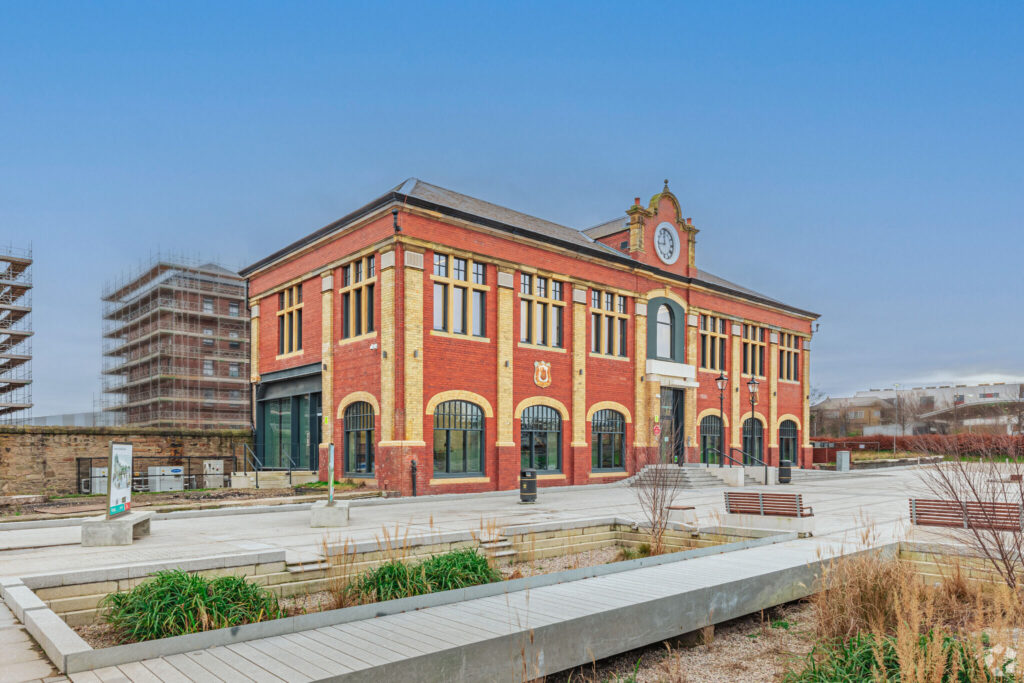
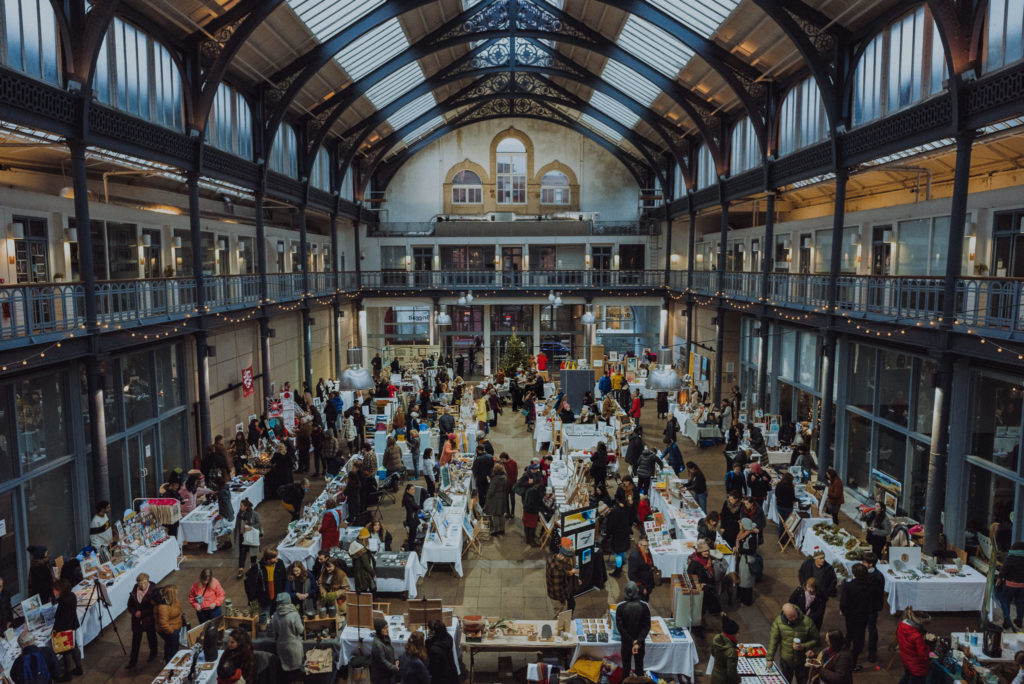
The regeneration game. Granton Station, above left. After 80 dormant years, the former gasworks railway station is buzzing as a cultural hub following a £4.75million restoration led by City of Edinburgh Council and Wasps. The rebirth will support 40 jobs and help 100 grow their businesses. The Briggait, above right. Built in 1873, The Briggait was Glasgow’s fish market for over 100 years. It has now been restored into a vibrant new home for 150 visual artists and cultural organisations. The final phase will transform 1,200m2 of unused space into a riverside destination for food and drink, markets, events and creative industries.
Wasps supports The Scottish Government’s strategy which places culture as a central consideration across all policy areas, including health and wellbeing, economy, education, reducing inequality and realising a greener and more innovative future.
Our work is founded on providing affordable space for creativity and opening up the potential of culture as a transformative opportunity across society. We can continue to do that, and in addition want to build our efforts to reach Net Zero, but cannot in the perfect storm of our core property costs. We have always worked from a sound financial foundation but today these foundations are at risk of crumbling.

